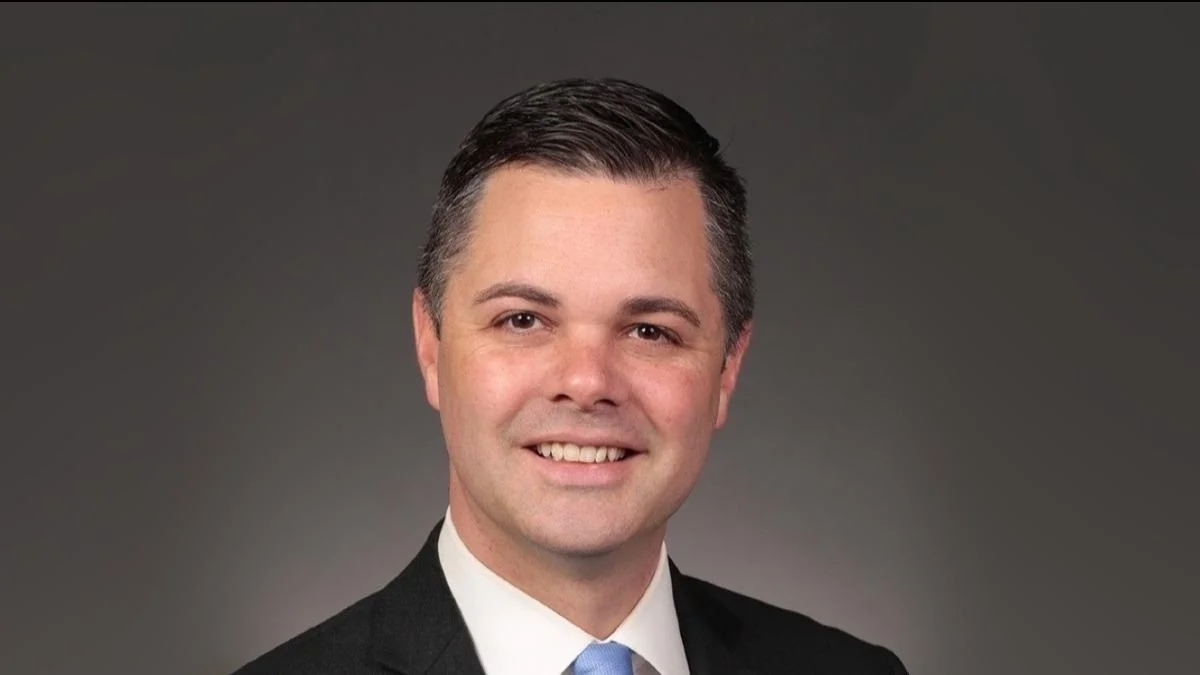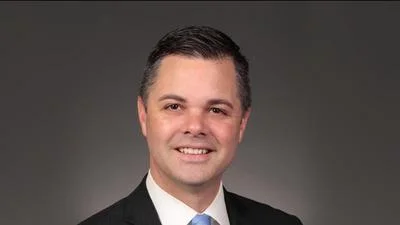U.S. Rep. Zach Nunn Representative for Iowa's 3rd District | Official U.S. House headshot
U.S. Rep. Zach Nunn Representative for Iowa's 3rd District | Official U.S. House headshot
Congressman Zach Nunn, who represents Iowa's 3rd congressional district and is a former Air Force officer, addressed issues related to regulatory burdens on businesses, national defense priorities, and economic security in a series of posts on September 9, 2025.
In his first post at 18:00 UTC, Nunn criticized current government regulations affecting local businesses and banks. He stated, "Iowa’s Main Street businesses and community banks are stuck filling out government paperwork while cartels move billions in fentanyl cash. I have a novel idea for FinCEN: listen to President Trump, go after the criminals, reduce the red tape and compliance reports for Main".
Later that day at 19:32 UTC, Nunn referenced his military background while discussing legislative efforts on defense. He wrote, "As an Air Force officer and combat veteran, I know peace is only possible through strength. I spoke on the House floor today and offered 9 amendments to this year's National Defense Authorization Act to fast-track battlefield innovation, strengthen our partnership with allies,".
At 21:00 UTC the same day, Nunn expressed concerns about foreign influence over U.S. assets. He posted, "America can’t afford to let the CCP have unchecked access to critical assets that power our economy. I’m committed to working with @SecScottBessent to safeguard American energy, secure our digital asset markets, and defend America’s financial sovereignty and security."
Nunn has served as a member of Congress since January 2023 after winning election in Iowa’s competitive third district. His recent statements reflect ongoing debates about regulatory reform for small businesses and banks—issues that have drawn attention amid increasing concerns about illicit finance networks operating in the United States—and highlight legislative activity surrounding the annual National Defense Authorization Act (NDAA), which sets policies for U.S. military operations each year.
His remarks also come as policymakers continue to debate measures aimed at countering Chinese investment or control over critical U.S. infrastructure sectors such as energy production and digital asset markets.






 Alerts Sign-up
Alerts Sign-up